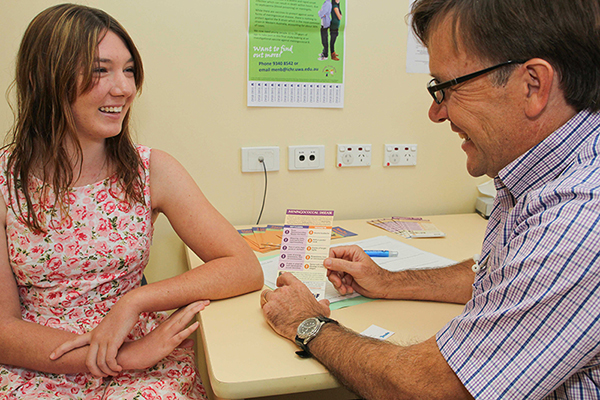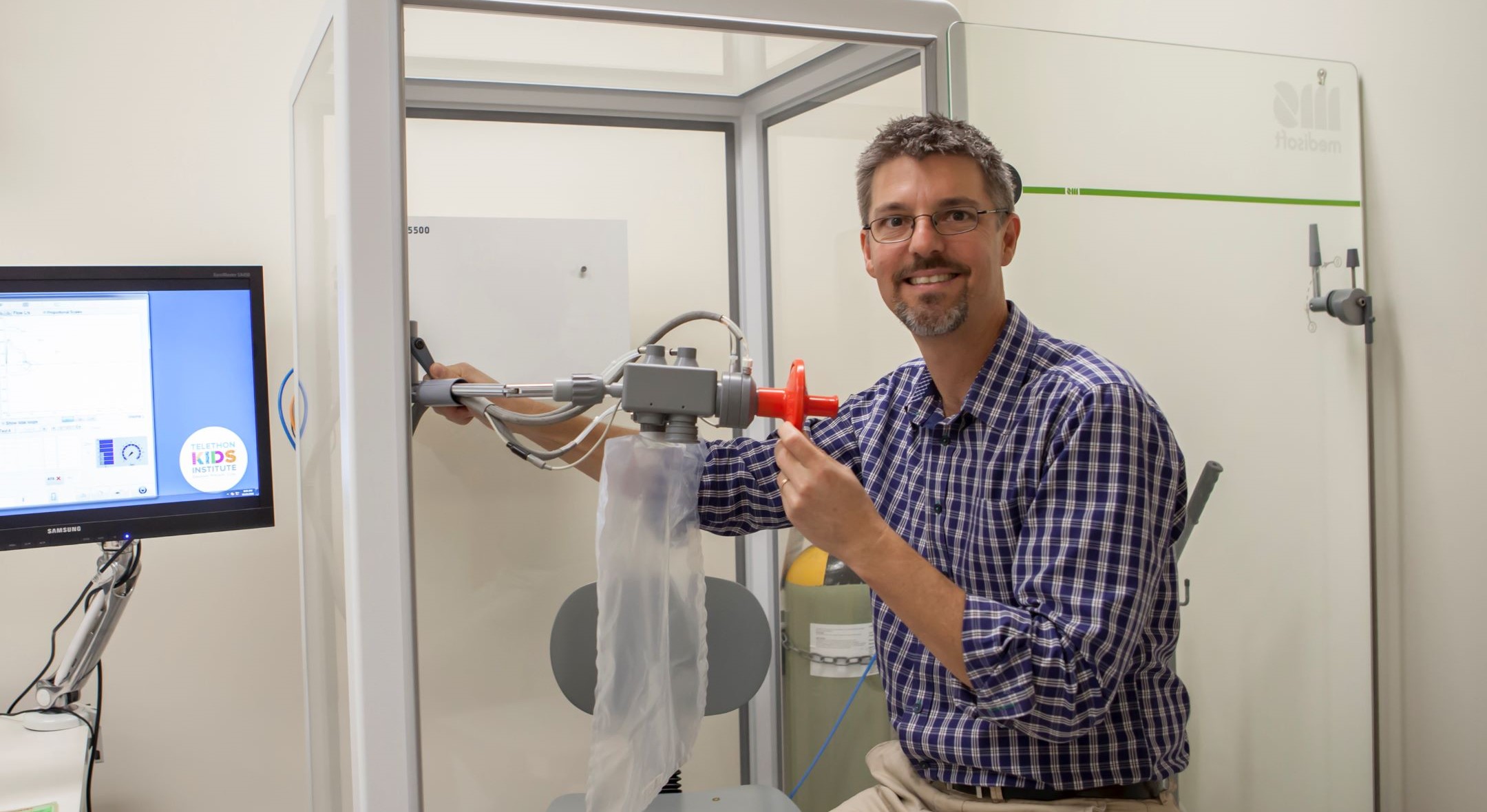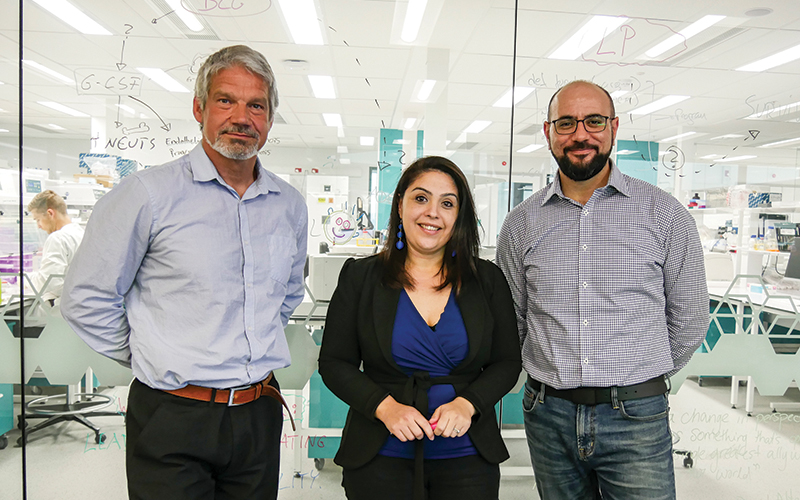Search

News & Events
Setting smart phone rulesMobile phones are an important part of diabetes management but its also important to set some family rules for your child's technology use.

We rely on the support of donors & fundraisers to be able to conduct the life changing pediatric research we do on a day-to-day basis. Will you help?
Research
Precision pathways for young children at risk of Neurodevelopmental Disorders: Early identification and adaptive intervention starting from the prenatal periodAmy Andrew Carol Deborah Gail Helen Jenny Kandice Martyn Videos Finlay-Jones Whitehouse Watch and listen to Andrew Bower Strickland Alvares Leonard

Research
Meningococcal DiseaseMeningococcal disease is caused by the bacteria Neisseria meningitidis, or 'meningococcus'. It is an uncommon but very serious disease that can result in death if not recognised and treated quickly.

A global network of researchers and clinicians, co-led by The Kids’ Professor Graham Hall, has transformed international best practice in identifying low lung function and diagnosing and treating lung disease.
Research
CybersafetyEven in the safety of their home, there are many risky places a child or teenager can visit online. This can be due to the content they see, who they come into contact with, and personal information they share.

Parents, carers and educators have embraced an innovative tool in the battle to keep kids safe online - Beacon, an Australia-first, evidence-based cyber safety app.
Research
Fetal Alcohol Spectrum Disorder (FASD)Fetal Alcohol Spectrum Disorder (FASD) is a lifelong condition characterised by severe neurodevelopmental impairment due to prenatal exposure to alcohol.

Running any research project is a feat of logistical gymnastics – and often, you don’t know what can go wrong until it happens.

Thanks to 30 years of support from the WA community, The Kids Research Institute Australia is home to some of the world’s best researchers.
